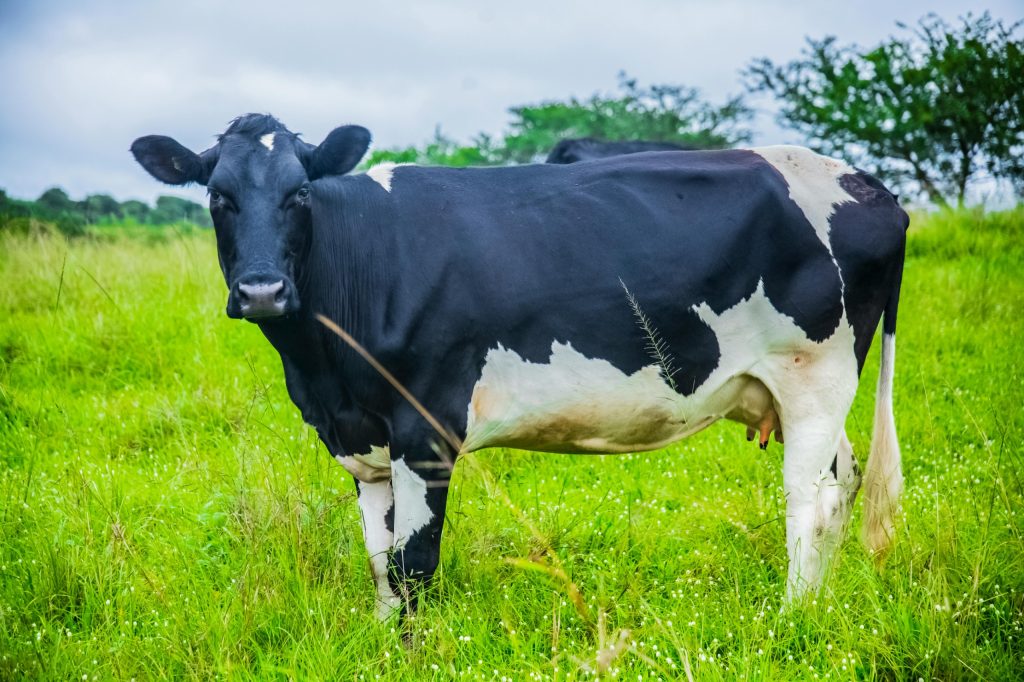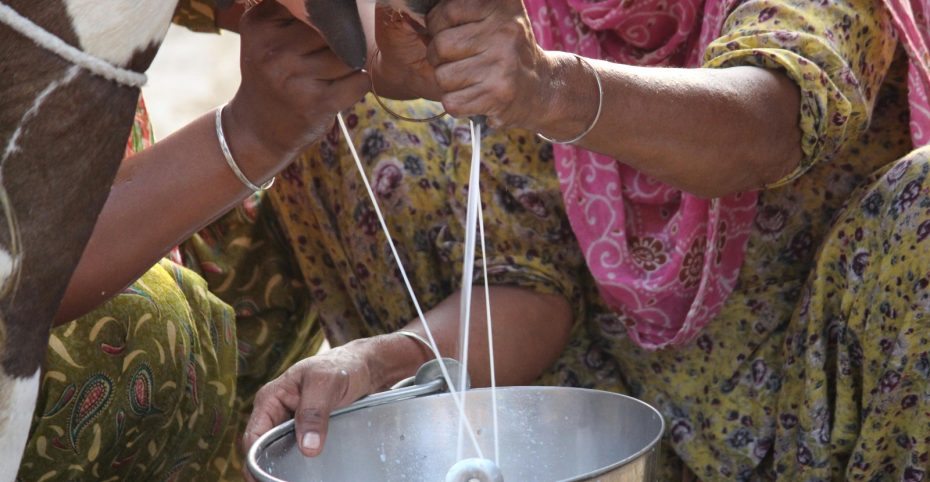In most rural farms, women who stay at home play a critical role in managing dairy activities, especially in areas where zero grazing is practiced. Their involvement spans a wide range of responsibilities that contribute significantly to the success and sustainability of dairy farming.
Women often oversee the daily care of dairy cattle, ensuring that the animals are fed on time, have access to clean drinking water, and are kept in hygienic conditions. When there is a farmhand—typically a young man employed to handle tasks such as feeding, watering, and cleaning the cow shed—it is the woman who supervises their work to maintain high standards. This supervision includes verifying that the cows receive appropriate feed as prescribed, monitoring cleanliness to prevent diseases, ensuring that the cow shed is thoroughly cleaned, and confirming that preventive measures like tick spraying are properly carried out.
Beyond these tasks, women play a crucial role in monitoring the health of the cows. They are quick to notice early signs of illness or distress and can alert veterinarians or take preliminary action, which is essential in preventing severe health issues and maintaining productivity. Their intimate involvement with the animals means they are well-acquainted with the cows’ behavior and needs, allowing them to provide the best care possible.

Women are also often responsible for record-keeping related to milk production, feed consumption, and veterinary visits. This documentation helps in making informed decisions that optimize productivity and ensures compliance with any external regulations or standards.
Due to their substantial contribution, placing women at the center of interventions aimed at supporting dairy farming is not just beneficial but necessary. Programs that empower and train women in better dairy management practices can lead to more efficient operations and higher yields.
At Cherehani, we understand the vital role women play in the success of dairy farming. This is why we ensure that all our financing products related to dairy are only provided to farms where women have an active role in management. By doing so, we contribute to building thriving communities, empowering women, and fostering sustainable agricultural development.




